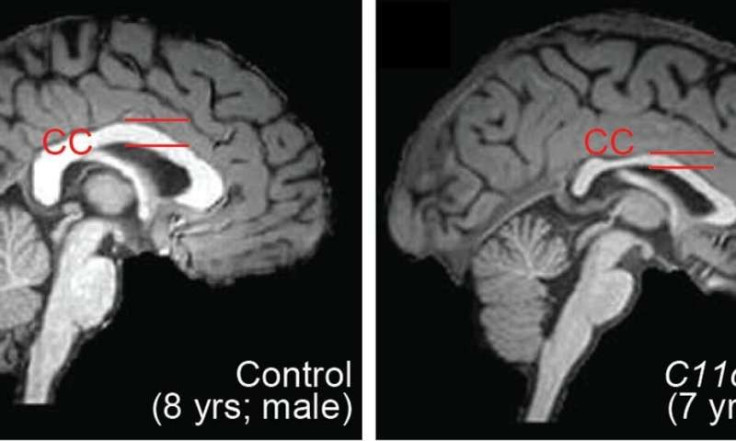COVID-19 Could Target The Nervous System Because Of These Hints
KEY POINTS
- Until now scientists have not yet developed the vaccine for COVID-19
- The death and infected rates of COVID-19 are increasing by the day
- Several review articles and pieces of research recently consider the possibility that SARS-CoV-2 could infect the neurons and impact the brain
A recently published review suggested that SARS-Cov-2, similar to other coronaviruses like MERS-CoV and SARS-CoV, could aim for the central nervous system. It added that it could potentially infect the neurons in the nasal passage and disrupt the infected person’s sense of taste and smell.
Abdul Mannan Baig, a researcher at Aga Khan University in Pakistan and one of the authors of the review, was asked if these symptoms are reversible. The researcher says that “the evidence indicates they will abate, possibly because the loss of sense is caused by inflammation in the area as the body fights the virus, so those symptoms could disappear in seven to 14 days.”
It is crucial to document these kinds of peculiar symptoms, according to Mannan, since the loss of taste and smell could be an early warning indicator of COVID-19 infection. The review reveals that British ENT doctors are calling adults who have lost their sense of taste and smell to quarantine themselves to prevent the spread of the deadly virus. The researcher also says that these symptoms suggest that the COVID-19 can invade the central nervous system, which could inflict neurological damage and could potentially play a role in patients dying from COVID-19.

The Scientist reports that Neuropathologist at Beth Israel Deaconess Medical Center in Boston Matthew Anderson is also carefully looking into this possibility. The neuropathologist says that “there’s been some intriguing observations in previous studies on viruses, including coronaviruses, to show that they have the capacity to enter the nervous system.” It’s important that this be considered for SARS-CoV-2 and for “people to do the experiments, including autopsies, to look for signs of this damage.”
A review article by Yan-Chao Li and his colleagues of the University in China published last month has a compelling argument. Based on the article, the researchers argue that if the SARS-CoV-2 could infect nerve cells, especially those in the medulla oblongata, the damage could lead to “acute respiratory failure of patients with COVID-19.” It is worth noting that the medulla oblongata is the region of the brain that “helps regulate breathing, heart, and blood vessel function, digestion, sneezing and swallowing. This part of the brain is a center for respiration and circulation.”
While this neurological data on COVID-19 are still preliminary, scientists believe that it could be crucial to doctors on deciding how to treat COVID-19 patients. “It is important to screen the patients for neurological signs early and late in the course of COVID-19,” Mannan notes. The researcher adds that “this could be life-saving in our fight against COVID-19 pandemic.”
© Copyright IBTimes 2024. All rights reserved.












